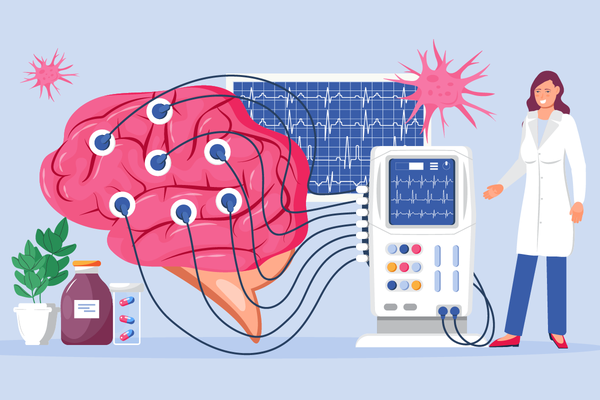Q:
In addition to medications, what are some ways I can manage my multiple sclerosis (MS)?
A:
An MS diagnosis doesn't have to stop your life, but you will have to learn—and practice—strategies for managing fatigue and dealing with other temporary or long-term disabilities. Physical and occupational therapists can help you develop strategies and select assistive devices to navigate the workplace and home environment.
Physical therapy usually focuses on walking (including using ambulatory aids correctly), balance and stability in standing, maintaining range of motion and functional strengthening. Occupational therapy focuses more on ways to accomplish specific everyday tasks at home and work, as well as managing your energy. Some programs include techniques to improve memory and concentration.
Check your health plan for coverage. Not all cover physical and occupational therapy.
Symptoms that affect your memory and concentration may be the most painful to talk about. But acknowledging these symptoms and discussing them with health care professionals and your family are the first steps toward getting them under control.
Things you can do at home to manage fatigue or limited mobility include:
- Declutter your living areas.
- Divide household tasks more equitably with family members.
- Simplify tasks like cooking so they are less stressful. For example, cook more frozen vegetables or freeze individual servings of a meal, so you can give yourself time off from meal preparation.
- Make tasks less fatiguing. For example, put a table and chair in the kitchen so you can sit while cutting or stirring.
- Identify and abide by your priorities. If it's important for you to continue working, take some shortcuts with household tasks, or eliminate some of them.
- Cut back on tiring leisure activities, or make energy-conserving adaptations (such as planting a smaller garden).
- Minimize or combine trips.
"Journaling" can also be helpful. A written or recorded account can help you keep track of when symptoms occur, the management tools that work best for specific symptoms, your medication schedule and many other issues related to your condition. Recording your thoughts and feelings may also be helpful to you. However, it is important to not get carried away and obsess over each little feeling or sensation.
- Living with Multiple Sclerosis ›
- What You Need to Know About Multiple Sclerosis ›
- Tips for Living with Multiple Sclerosis (MS) ›
- FAQs About MS ›
- When Treating Multiple Sclerosis, Shared Decision-Making Matters ›







